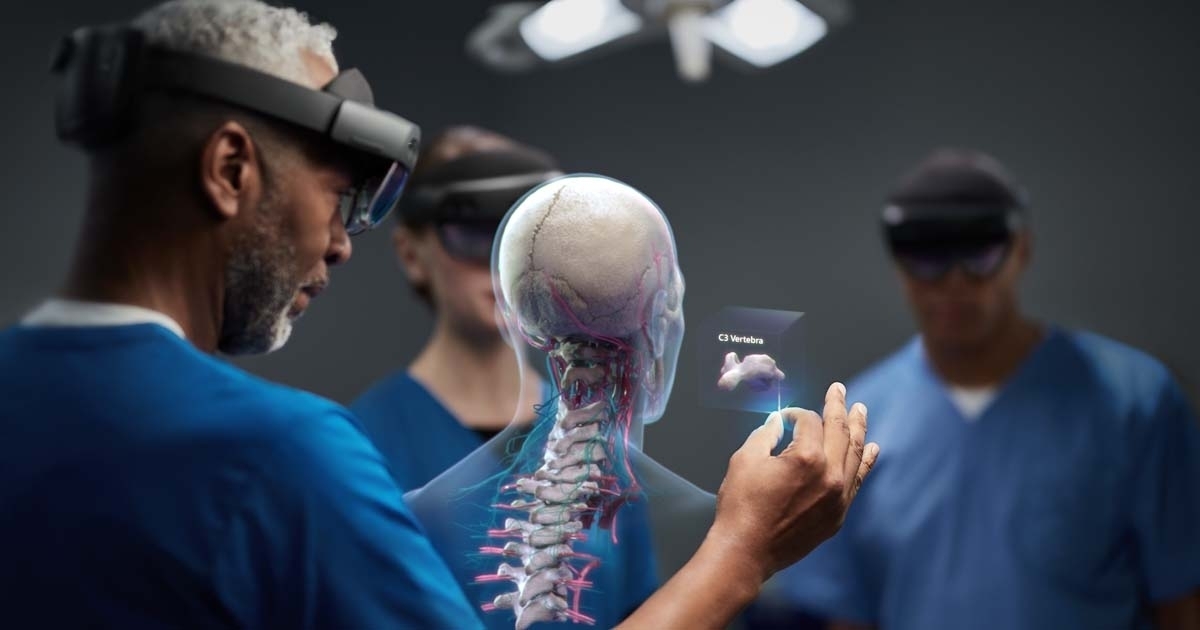The Expert Commission on Research and Innovation (EFI) is sounding the alarm: "In an international comparison, Germany lags far behind other European countries when it comes to digitisation. This has just been shown "unsparingly" by the pandemic. The researchers recommend the following measures to correct this development.

It is an effort that would be worthwhile. Because according to the EFI, accelerated digitisation of the healthcare system holds significant potential for innovation and value creation: "Our analysis shows that digital technologies can improve the quality of healthcare. In addition, the increasing availability of health data in combination with modern digital analysis methods opens up new and far-reaching possibilities for more personalised diagnostics and therapy," emphasises Prof. Irene Bertschek, Head of Research at ZEW in Mannheim and member of the Expert Commission.
The EFI therefore recommends that a "digitisation strategy be developed and implemented quickly, involving all relevant groups of actors in the healthcare sector". Consequently, in order to ensure interoperability between IT systems, sufficient space must be given in particular to the establishment of interoperable standards within the framework of the strategy, emphasises Irene Bertschek. In addition, the EFI advises the following:
1) Exploiting the innovation potential of health data
Against the backdrop of the existing obstacles to the transfer and use of health data, "the Expert Commission expressly supports the Health Data Use Act announced in the coalition agreement to improve the scientific use of health data," says Irene Bertschek. In this context, the DSGVO-compliant use of health data for scientists is to be designed in such a way that the administrative burden for them is as low as possible. "In order to be able to exploit the potential associated with the data from the electronic patient file - such as precise diagnoses - the possibility of releasing the data, especially for research purposes, should be designed to be as low-threshold as possible," adds Prof. Uwe Cantner from the University of Jena and chairman of the expert commission.
2) Advancing telemedicine and digital health applications
Telemedicine and digital health applications can improve health care. In order for the possibilities of telemedicine to be used more, sufficient financial incentives for the service providers are necessary in the opinion of the expert commission. Thus, Uwe Cantner advocates "remunerating telemedical services in the introductory phase with the same fees as comparable conventionally provided services." In order to increase the acceptance of digital health applications and telemedicine, better information should be provided on the functioning, handling and added value of these applications.
3) Create better framework conditions for digitalisation
Last but not least, Irene Bertschek points to the fundamental problem of general digitalisation obstacles that also hinder the digitalisation of the health sector: "These include an insufficiently developed digital infrastructure, as well as a lack of digital skills among employees". The expert commission therefore calls for a rapid expansion of the digital infrastructure and the modernisation of training in the health professions. This can significantly support the digital transformation in the health sector.
Text: Ingo Schenk
Most popular